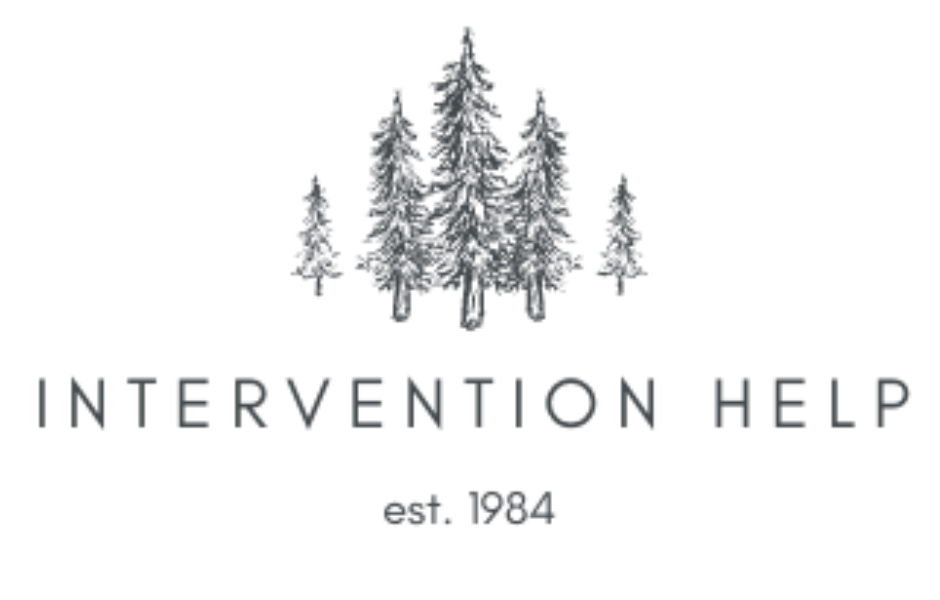How to Handle Relapse After an Intervention: What Families Should Know
Relapse can be a heartbreaking experience for family members who have already gone through the challenging process of staging an intervention. When a loved one falls back into patterns of substance abuse, whether it’s alcohol use disorder or drug addiction, it’s easy to feel discouraged. However, relapse is often a part of the recovery process and doesn’t mean that the intervention or treatment was a failure. It’s crucial for families to understand that the path to sobriety isn’t always linear and that support plays a key role in long-term recovery.
Understanding Relapse After a Successful Intervention
Even after a successful intervention and entry into a treatment program, relapse is a common part of overcoming substance use disorder. Whether the issue is alcohol relapse or a return to drug use, a relapse doesn’t mean that the individual isn’t committed to recovery. Substance abuse and alcohol use disorder are chronic conditions, and like any chronic illness, they require ongoing management and support.
Relapse can happen for many reasons, including underlying mental illness or serious mental illness, high levels of stress, or a lack of coping mechanisms. Treatment centers provide a strong foundation, but ongoing support from family members and professional resources is often necessary to maintain sobriety.
What Families Should Know About Relapse
Relapse is Not the End of the Recovery Process
It’s important to understand that relapse is often a part of the substance abuse recovery process. In fact, many individuals will experience at least one relapse during their journey. Rather than seeing it as a failure, consider it a signal that adjustments may need to be made in the treatment program or recovery plan.
Return to Treatment Immediately
When relapse occurs, it’s vital to seek help right away. Many treatment centers offer programs designed specifically to help individuals get back on track after a relapse. Family members should work with the person to explore options for re-entering treatment or adjusting their current alcohol abuse or drug recovery plan. This could mean revisiting a previous treatment program or finding a more tailored approach that addresses both substance use disorder and any co-occurring mental illness.
Stay Involved and Supportive
Family members play a significant role in helping their loved ones navigate a relapse. While it’s easy to feel disheartened, staying involved and offering encouragement can make a huge difference in your loved one’s journey. Participating in family therapy sessions can also provide support for the entire family unit, helping everyone cope with the emotional challenges of substance abuse and relapse.
Recognize the Need for Additional Support
In some cases, relapse might indicate that the individual needs more intensive support, such as additional therapy or a different type of treatment program. For example, a person with a serious mental illness may need a dual-diagnosis program that treats both their substance use disorder and mental illness at the same time. Treatment centers specializing in co-occurring disorders can provide the holistic care needed for a lasting recovery.
Set Boundaries and Protect Your Own Well-Being
While offering support is essential, it’s also important to protect your own mental and emotional health. Setting boundaries can help family members manage the stress that comes with dealing with a loved one’s relapse. Make sure to continue caring for yourself and seek counseling or support groups if needed.
Moving Forward After Relapse
Relapse is a hurdle, but it doesn’t mean that recovery is impossible. With the right support system, professional help, and a willingness to return to treatment, many people successfully overcome relapse and continue on their path to sobriety. Whether your loved one is dealing with alcohol use disorder, drug addiction, or a substance use disorder compounded by mental illness, recovery is still within reach.
Family members should remember that they are not alone—many people in recovery experience setbacks, and treatment centers are well-equipped to help individuals overcome these challenges. Together, you can help your loved one re-enter the recovery process and continue working toward a healthier future. If you have questions, or if you want to begin the intervention process for the first time, reach out to Intervention Help today to help your loved one on the path to recovery.
FAQs: How to Handle Relapse After an Intervention
-
When a relapse occurs, it's essential to act quickly and compassionately. Contact the professionals involved in your loved one’s addiction treatment, and consider adjusting their treatment program to address their current needs. Relapse prevention strategies can also be revisited to prevent future occurrences.
-
Relapses are common in the recovery process. Substance addiction, particularly alcohol use disorders, is a chronic condition that often requires long-term management. Triggers such as stress, untreated mental health conditions, or changes in routine can lead to a relapse. Returning to addiction treatment after a relapse is crucial.
-
Yes, relapse prevention strategies are key to maintaining sobriety after a setback. These may include counseling, behavioral therapy, and regular participation in support group meetings like Alcoholics Anonymous. Learning to recognize triggers and build coping skills is an important part of relapse prevention.
-
Treatment programs can vary depending on the individual's needs. Outpatient treatment is often a flexible option, allowing patients to receive care while maintaining daily responsibilities. For more severe cases of relapse, a more intensive inpatient or dual-diagnosis program that addresses both substance addiction and mental health concerns might be necessary.
-
Mental health issues, including untreated conditions like depression or anxiety, can significantly impact the likelihood of a relapse. Many people with alcohol use disorders or drug abuse problems also have co-occurring mental health conditions. It's important that these are treated alongside the addiction for a successful recovery.
-
Support group meetings such as Alcoholics Anonymous provide a sense of community and accountability, which are essential for maintaining sobriety. Attending these meetings can help individuals reconnect with their recovery goals, learn from others' experiences, and receive emotional support after a relapse.
-
Outpatient treatment can be highly effective after a relapse, especially when the individual has a stable support system. It allows patients to receive therapy, participate in relapse prevention planning, and continue working on their addiction recovery while living at home.
-
Family members can help by staying supportive, encouraging participation in ongoing treatment programs, and attending family therapy sessions when possible. It’s also helpful to maintain open communication and set healthy boundaries to prevent stress that may contribute to relapse.

